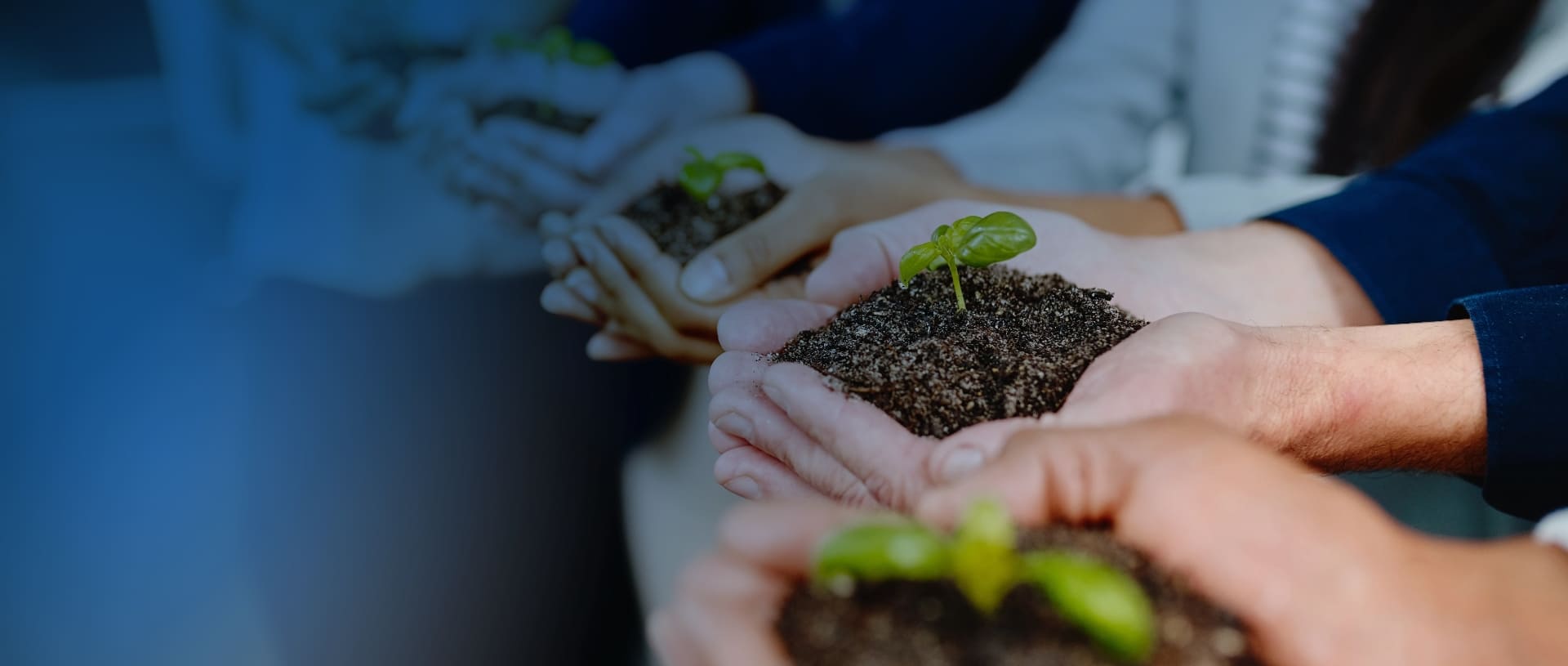Maintenance mode is on
Thank you for visiting optimalconsulting.com.sg.
We’ve gone offline for a while as we prepare to unveil
our new website. Do check back again soon.
If you require urgent assistance, kindly drop us an email at
enquiry@optimalconsulting.com.sg
